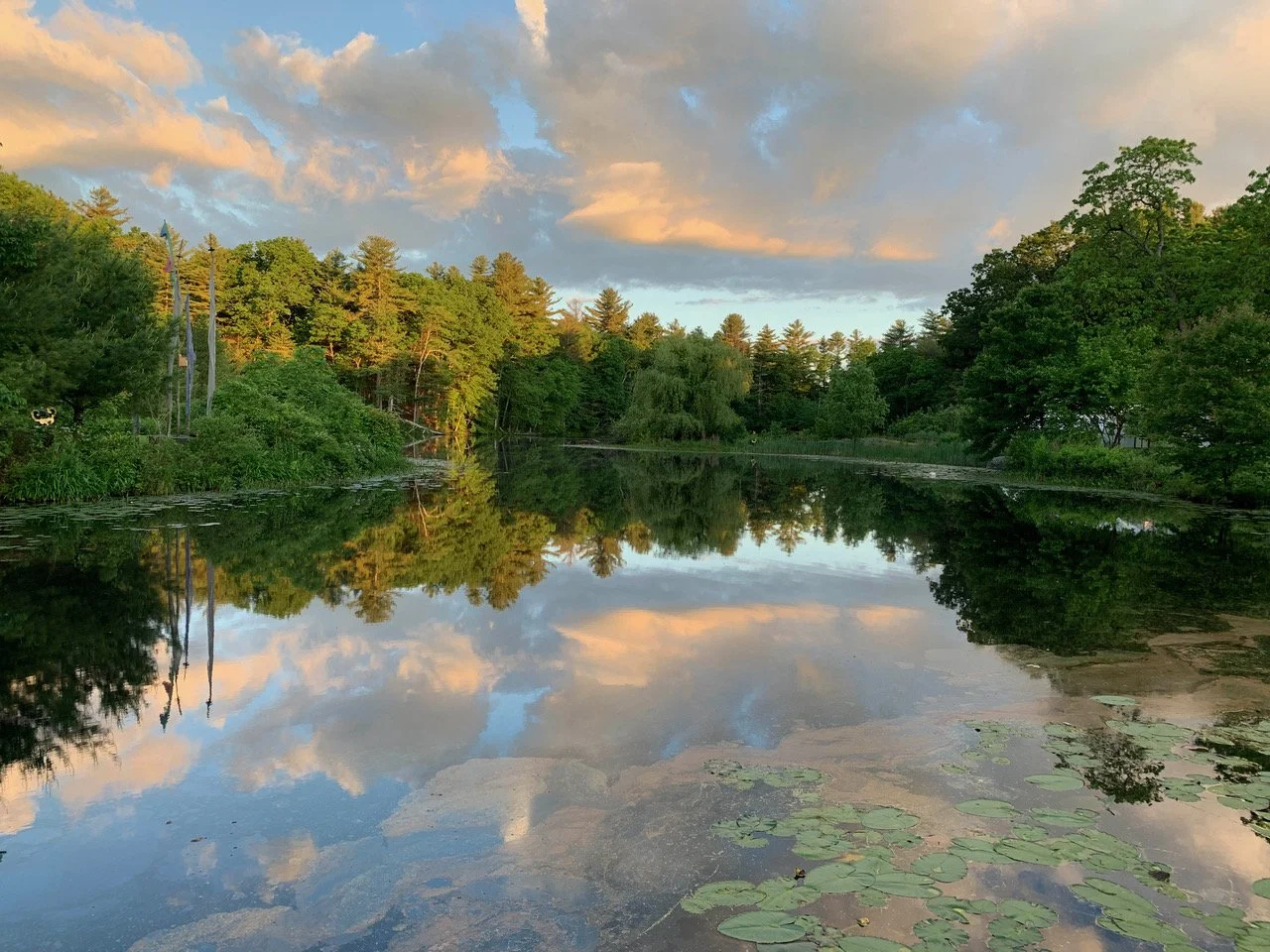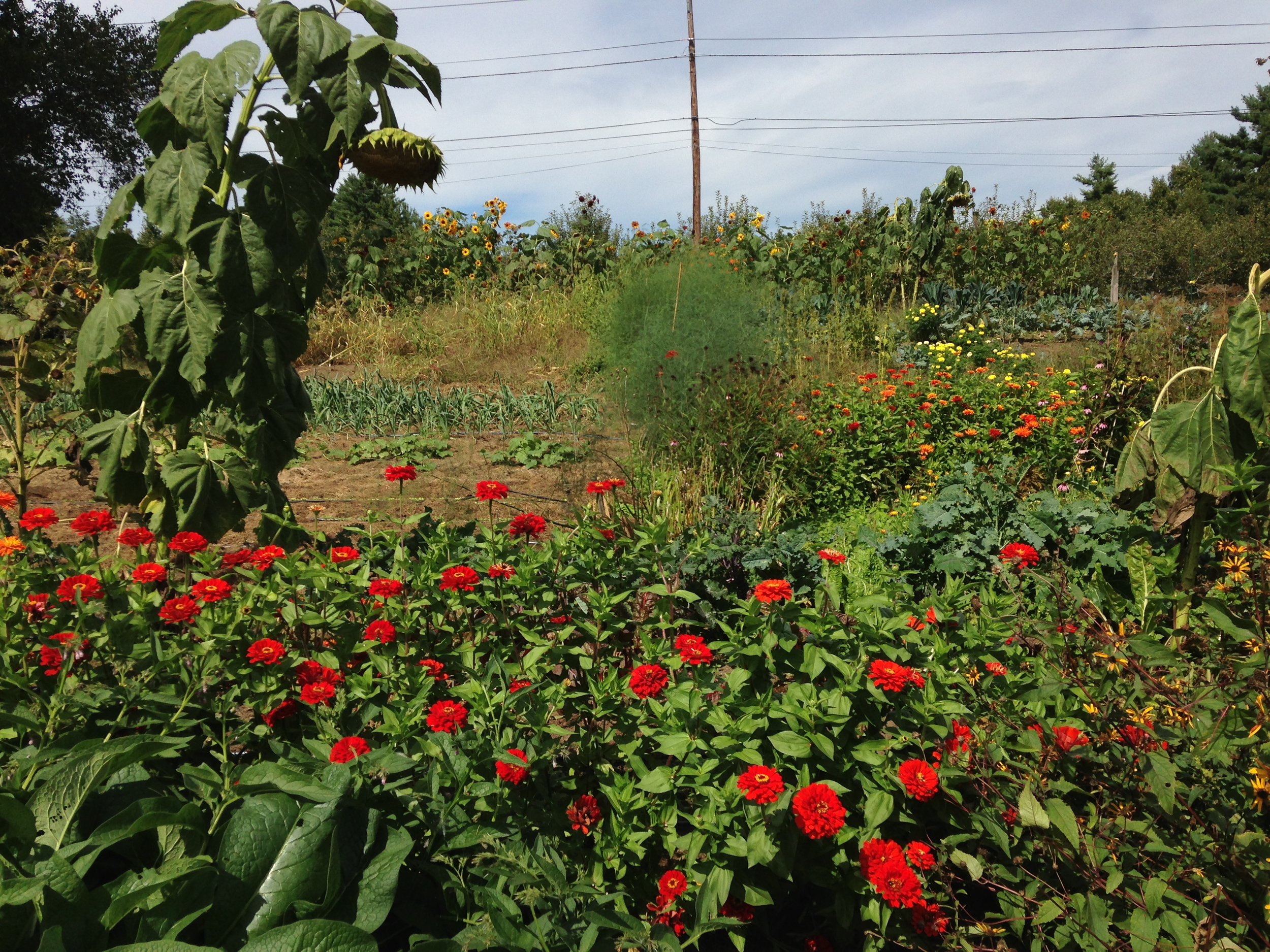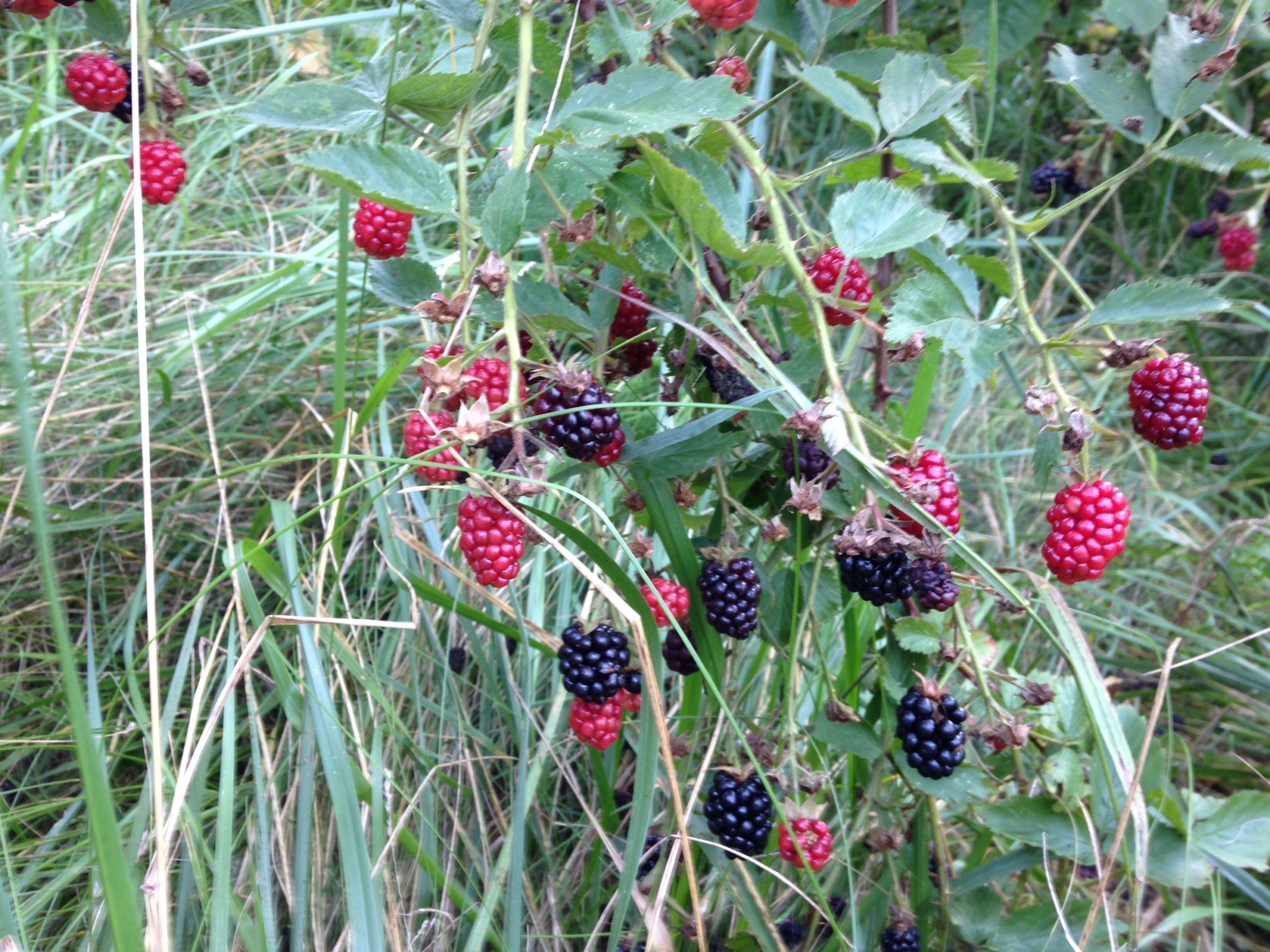May 2015
/Notes on a Mulberry Tree
by Hilary Sallick
New swellings green eruptions each rise of spongy tissue
emerging from inside a brown skin no longer container
but pressed back about a cluster the size of the tip
of my finger giving so softly to my touch—
this history revealed along each narrow branch:
the outer-most buds still hard unopened
then inches away the softness the tiny serrated
edges of leaves—
I’m trying to see it clearly to understand more
this way of becoming leaning into the low-hanging branches
following the path back to the trunk—
trusting in the absence of words
in each word’s eventual unfolding
Hilary Sallick is an adult literacy teacher in Somerville, Massachusetts. She loves looking closely at language, poems, and the natural world—with her class and on her own. Her poems have appeared in the Aurorean, Salamander, The Human Journal, Atlanta Review, and elsewhere.





